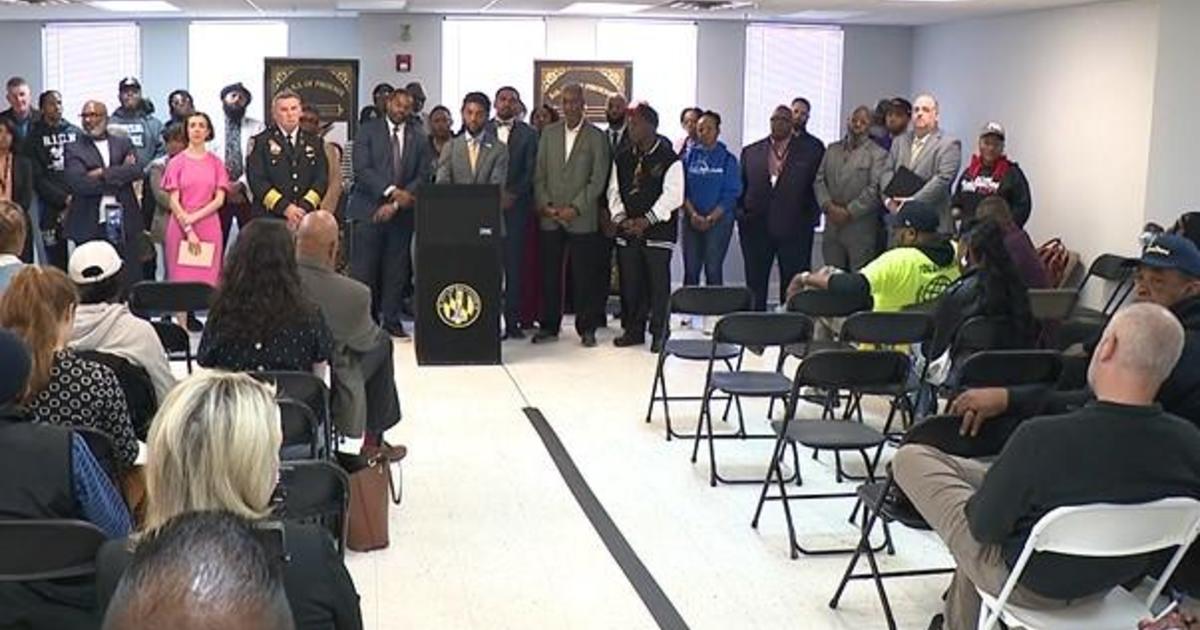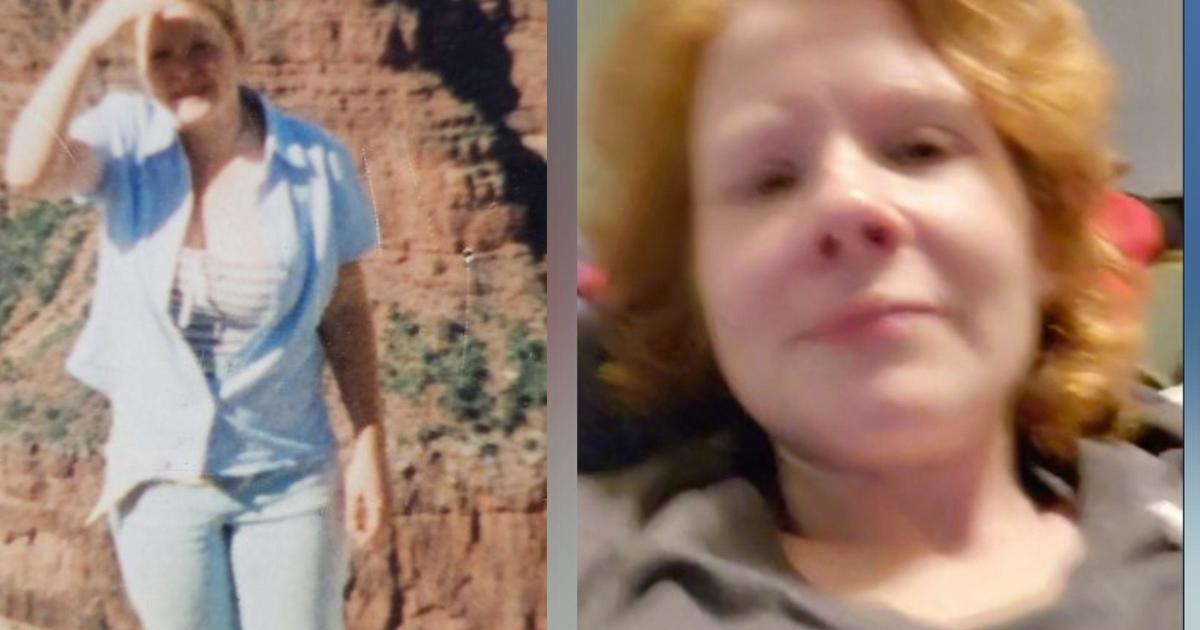Johns Hopkins Study Finds Baltimore An HIV Hotspot
BALTIMORE (WJZ)-- A sky-high HIV rate. Alarming new numbers from a Johns Hopkins study show Baltimore is a hotspot for the virus that causes AIDS.
Meghan McCorkell explains who's at risk.
Those numbers surprised even those researchers. They say one of the most vulnerable populations? Black women.
The study conducted by Johns Hopkins researchers finds the number of new HIV cases in Baltimore is five times higher than the Centers for Disease Control and Prevention (CDC) estimates for urban black women.
Doctors are now calling Baltimore an HIV hotspot, along with five other cities along the East Coast.
Patrice Henry has been living with HIV since 1995.
"I had to make a decision to either live of die," she said.
Now she serves as a patient advocate at Johns Hopkins. She says most people fear knowing their HIV status.
"We need to talk more and engage in conversation about HIV. And we need to encourage each other to get tested," Henry said.
A Baltimore City task force is trying to do just that. They aim to cut new infections by 25 percent over the next three years.
"Everyone should be screened, and in particular, those who have the least access to care to get that done," Dr. Patrick Chaulk of the Baltimore City Health Department said.
The city health department is making screening easier than ever with mobile clinics hitting vulnerable neighborhoods.
"We do outreach in our van six days a week, five nights a week," Chaulk said. "We work on the block one night a week and we have needle exchange vans that are also out."
And people are taking advantage.
"It's good to get tested because people are walking around just having sex with anybody, unprotected sex," Katrina Goods, who is getting tested for HIV, said.
That testing could help the numbers start to go down.
HIV testing at the health department's mobile clinics is free. The city reports testing more than 4,500 women just last year.
The chief investigator in the study says more safe-sex counseling is needed. The study is funded by the National Institutes of Health.



